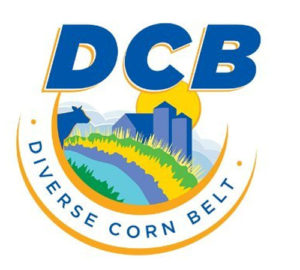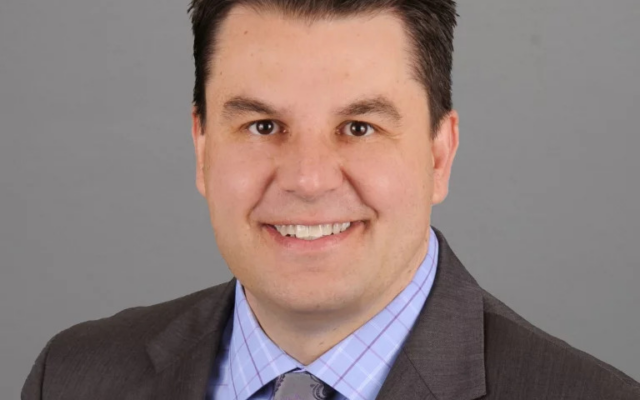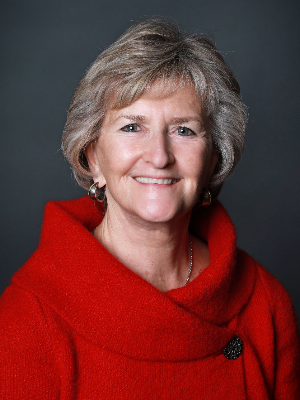ISU researchers part of project to add more diversity to cornbelt agriculture

AMES — Iowa State University researchers are part of an effort led by Purdue University to diversify the cornbelt.
ISU sociology professor J. Arbuckle says farmers once planted many different crops on their land. “The long rotations with lots of different crops, spread risk, all around the farm, but they also took care of, you know ecological processes, agroecological processes that took care of a lot of the, you know, the pest cycles and the weed cycles and that sort of thing,” he says.
The crops became less diversified with the advent of chemicals to deal with the pests and weeds, and the use of mechanized farm machines. Arbuckle says farmers started specializing in soybeans and corn. “We’re seeing a lot of problems stemming from that specialized system, right? So we’ve got a lot of tillage going on that results in reduction of soil health and soil erosion. We also have herbicide-resistant weeds, we’ve got pesticide-resistant insects,” Arbuckle says. There’s also a boom and bust pattern for the price of those commodities.
He says this project is looking at ways to add some diversity back into the system. “To number one, provide more market opportunities for farmers, more ways to have more resilient cropping systems that use more agroecological processes to deal with those pest and weed cycles,” Arbuckle says. “But also to deal with some of the more extreme weather that we’re having.”
They hope to find some of the answers with the $10 million U.S.D.A. grant. “This is a five-year project. So we don’t have any illusions that we’re going to change the system in five years,” he says. “So really, what we’re doing is looking at different options and pathways and potential creative visions for ways that we might open doors for diversification.”
The team includes more than 30 investigators who are working with farmers and other agricultural stakeholders in Iowa, Indiana, and Illinois to envision and evaluate more diverse agricultural systems for the Midwest.




